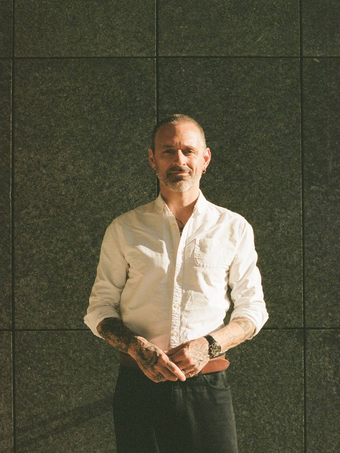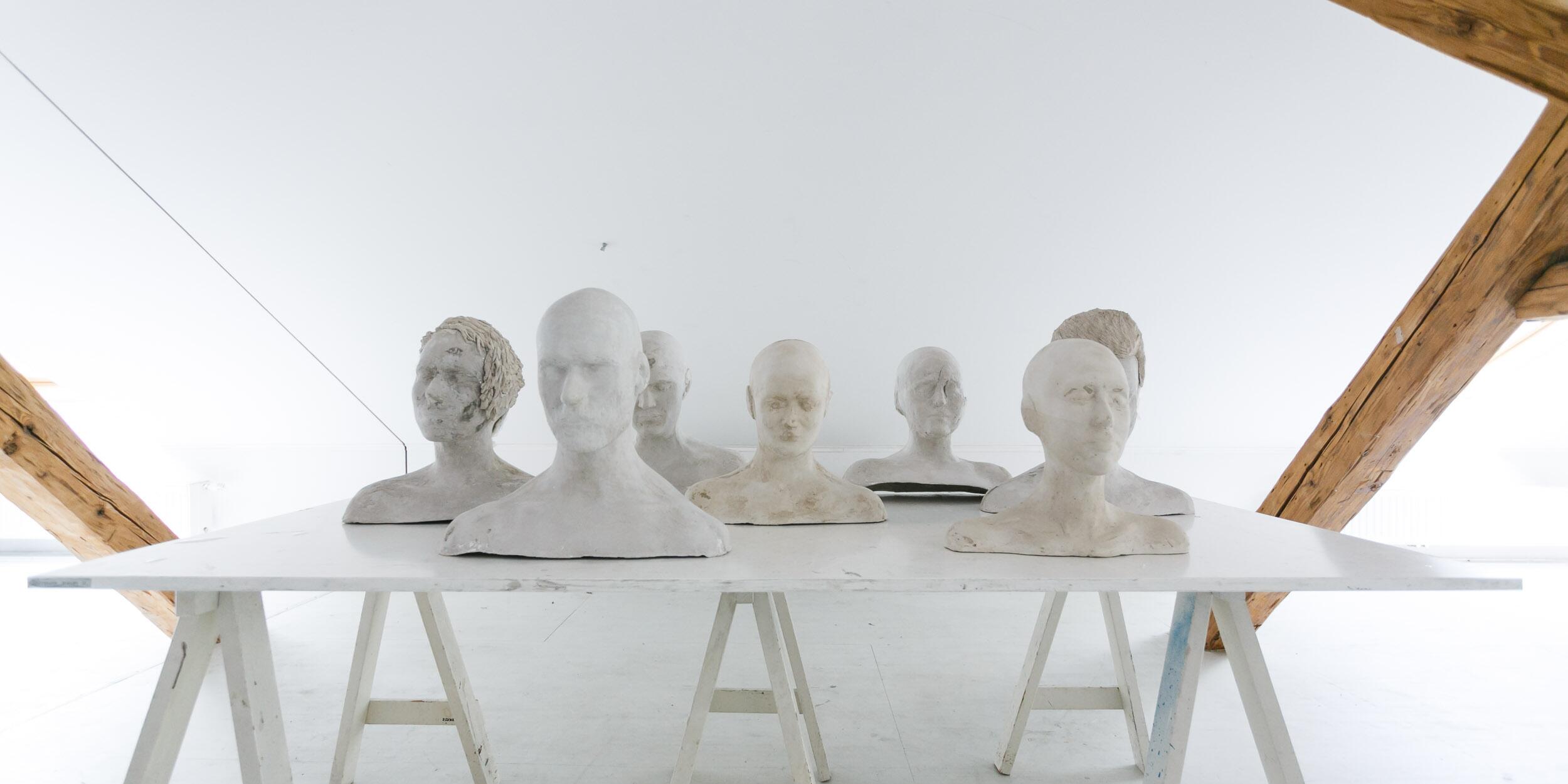
Univ.-Prof. of Art Didactics / Representative for the study of art and craft education in Innsbruck

The academic minor Gender I Diversity I Arts brings together an extensive research-led range of courses at either the Salzburg or the Innsbruck campus and enables students to develop a highly individualised profile in the areas of gender competence, anti-discrimination and equality management. They will acquire theoretical and application-related knowledge from the fields of Gender & Queer Studies, Diversity Studies and Advanced Feminism and how these issues are relevant for the arts world.
Contact
jan_guido.gruenwald@moz.ac.at
iris.mangeng@moz.ac.at
Basic module
12 ECTS-CREDITS
Advanced module
12 ECTS-CREDITS
Download
If our society is to continue evolving positively as regards diversity, anti-discrimination and equal opportunities, it is essential that we are aware of the causes, systems and processes within hierarchical orders and power structures. Furthermore, Gender & Queer Studies, Diversity Studies and Advanced Feminism provide useful inter- and transdisciplinary perspectives, and also offer a variety of critical approaches that are of fundamental importance for understanding the role of gender and diversity issues in academia, pedagogy and art, as well as visual, auditory and media cultures.
In addition, graduates with sound "gender and diversity competences" are not only highly sought-after in the labour market, but also have the skills to make a decisive difference in the social dimension as actors, decision-makers and facilitators in the arts and cultural sector as well as in educational contexts.
The academic minor Gender I Diversity I Arts is positioned in the space where the arts, academic research and education meet. Its focus is on the topics of gender, gender relations, gender identities, gender roles and sexuality as well as their points of intersection with other structural and identification categories. Gender studies are based on the central realisation of feminist research that gender and gender relations are not an inevitable natural phenomenon that cannot be changed, but social constructions. "Masculinity" and "femininity" therefore prove to be attributes that - depending on the cultural context - are subject to historical change. In the sense of critical artistic practice, it is not only important to question and challenge (outdated) norms (e.g. in the respective subject or repertoire canon), but also in particular to counteract, transform or even overcome the practices followed by musicians, actors, directors and artists with regard to power and domination relations, (traditional) role assignments or gender-semanticised attributions and expectations in a historically researched and artistically active way.
The academic minor Gender I Diversity I Arts offers the chance to acquire additional methodological, personal and social skills, equipping students with the tools and confidence to act with regard to topics such as gender and diversity, equality management, anti-discrimination and the prevention of violence in their personal and professional environment.
Educational objectives
The aim of the academic minor Gender I Diversity I Arts is to acquire the following competences, with special consideration of the arts in each case:
Students
Basic module
The central aim of the courses in the basic module is to teach essential concepts, theories, categories and texts of Gender & Queer Studies, Diversity Studies and Advanced Feminism with special consideration of the arts and the structural characteristics of art and cultural institutions.
The following compulsory introductory courses must be completed:
Advanced module
Reflecting on their increasingly specialised knowledge from the fields of Gender & Queer Studies, Diversity Studies and Advanced Feminism is increasingly combined with artistic practice in order to initiate and implement cultural projects and measures in the field of gender studies, equality, anti-discrimination, etc. The courses in the advanced module can be freely selected from the recommended programme offered at the Mozarteum University at either the Salzburg or the Innsbruck campus.
If desired, one of the following project-based courses or internships can be chosen:
Within the scope of these courses, students can complete artistic and/or academic projects, a practical placement or certified additional training at a thematically specialised (educational) institution in Austria or abroad; these can be submitted for recognition as part of the academic minor (12 ECTS-Credits).
This academic minor is aimed at students of the Mozarteum University at both the Salzburg and Innsbruck campuses, and can be taken by all students of the Bachelor, Master, Diploma and Doctorate programmes within the scope of their free electives.
The participation in courses from the academic minor is possible within the scope of the free elective course that students are required to complete for their degree programme. If a student does not complete the number of credits required to be awarded the full academic minor, the certificates from the individual courses can be used as credits for free electives.
Students have the opportunity to obtain a certificate for the basic module (12 ECTS-Credits) as well as for the advanced module (12 ECTS-Credits). The following certificates can be applied for after successful completion of the courses for the academic minor:
The examination certificates for the courses must be submitted in the specified digital form (individual certificates in PDF format as well as a list of courses) to the head of the respective academic minor programme so that the necessary verification checks can be carried out. The certificates are then issued by the Department of Studies & Examinations at the Mozarteum University Salzburg.
The academic minor Gender I Diversity I Arts is organised and coordinated by the Institute for Equality and Gender Studies at the Mozarteum University Salzburg. The course programme is compiled on a semester-by-semester basis, with additional courses being offered as required.
Which courses take place as part of this academic minor?
The current courses on offer are announced each semester.
How do I register for individual courses?
Registration takes place via MOZonline. If external university courses are taken as part of an academic minor, you must also register with the organising university (e.g. Paris Lodron University Salzburg).
How are academic minors recognised and certified?
Certificates obtained for academic minor programmes can be used twice:
How is the certificate issued?
Certificates for academic minors at the Mozarteum University Salzburg:
After completing the required 12 ECTS-Credits for the basic module or advanced module, the courses must be entered in the course list and sent by email, together with individual certificates in PDF format, to the respective head of the academic minor for verification. After the review, the head of the academic minor programme must forward the documents to the Department of Studies & Examinations so that the certificate can be issued. The certificate must be collected from the Servicepoint of Mozarteum University Salzburg, Mirabellplatz 1.